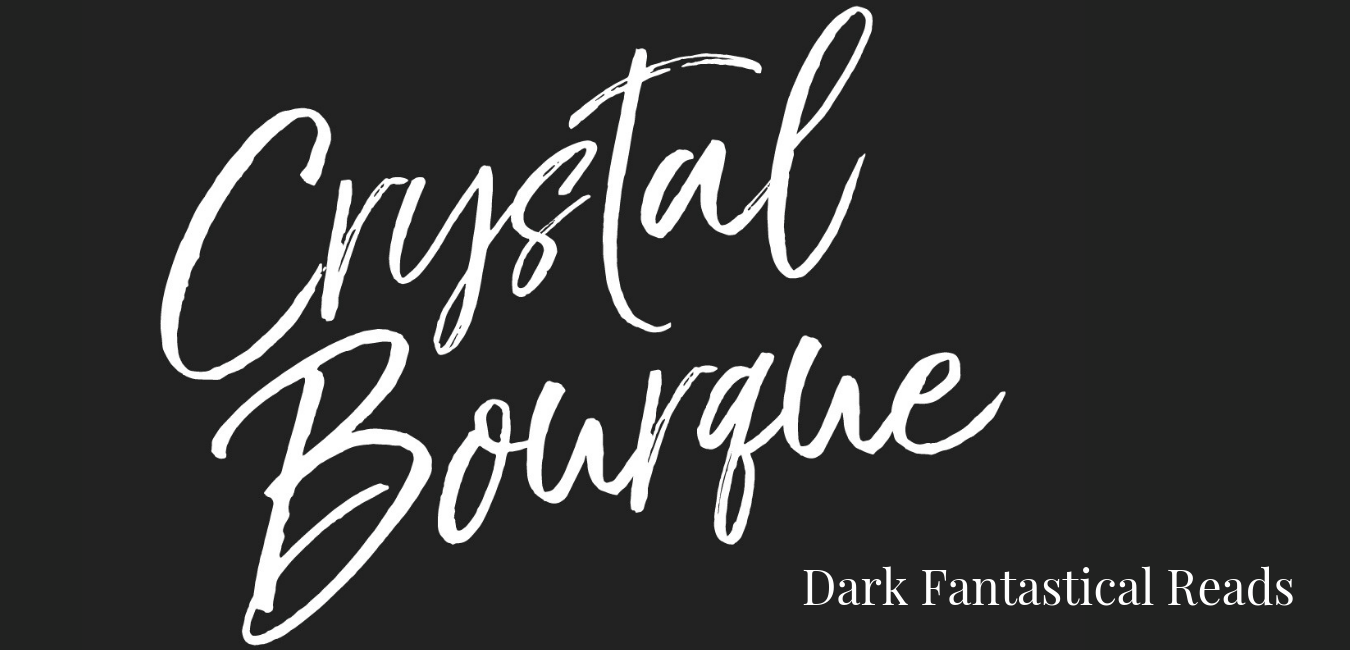Van Gogh and the 3 Keys to Better Creative Writing
Last year I managed to snag a seat at Guy Gavriel Kay’s book launch for his most recent novel, Children of Earth and Sky (which I loved and highly recommend!). I found Kay to be very insightful, and enjoyed what he had to say on his writing process and the craft.
At the time, I was working through some extensive revisions on No Escape. I remember this because I was at the point where I pretty much wanted to throw my laptop off my apartment balcony. About halfway through Kay’s interview however, he mentioned something that really resonated with me (and saved my work in progress from certain death).
Now, my memory isn’t perfect, so I’m going to paraphrase here. Kay mentioned that for him, writing a book is like painting.
You might start off with the colour blue to add a little bit of sky and water. Then you might move onto using green for the grass and then trees. Eventually, you’ve covered the canvas in layers of paint that form a complete image. When you write a book, the process is very similar. You might start off with a very light outline or scene, and you keep adding to it, shaping characters, plot, themes and so on, bit by bit, until you have a complete story.
Today, if I feel overwhelmed because the story I’m working on isn’t quite right, I remind myself that all I need is a few more layers of “paint”. Seriously, it really prevents me from getting too carried away when hammering on the delete button.
So . . . What’s up with Van Gogh?
During my vacation I visited the Van Gogh Museum in Amsterdam. At first, I wasn’t sure what to expect. While I had taken Kay’s advice to heart, it hadn’t turned me into an art expert. What I discovered however was the story of a man who decided at the age of 27 that he wanted to paint. Ten years later, he had completed over 900 works of art when an undiagnosed mental illness convinced him to cut off his own ear. He committed suicide at only 37 years old.
While he was alive, Van Gogh didn’t see too much success until a few years before his death. Even then, his fame only came well after he had died. His legacy is his work, which some argue is some of the most influential in the world.
My friends, Van Gogh’s story and approach to painting is what helped me to realize there is a much stronger connection between writers and artists than those necessary layers of “paint”. So, without further delay, here are the three key things that I learned from Van Gogh that would benefit any writer, at any stage of writing.
1. Repetition. Did I Mention Repetition? Yeah. Repetition.
Van Gogh considered himself a painter before the rest of the world did. He didn’t seek validation, he pursued the craft with a passion that bordered on mania. Now, I’m not advocating that writers should put pen to paper with the same level of intensity. What I am trying to get at is that repetition and practice is the only way to hone your skills. His paintings, especially his never-ending series of portraits, helped to remind me that to get really, really good at something, you have to push through the doubt, park your behind into your chair and keep at it.
Want more proof? Here: Van Gogh didn’t start off with The Starry Night (1889). He first created, The Potato Eaters (1885).
Looking at those two paintings, side by side, one would think that completely different artists did them. In reality, they were completed only 4 years apart. Like many creatives, he too had to put in 10K hours of practice, and then some, to really find his signature style.
Writing is no different.
2. Learn from the Best
While Van Gogh knew he needed practice, he gradually came to the realization that he also needed to surround himself with other, better, artists. He moved to Paris, where he lived for 2 years. During this time, he met several painters including, Paul Gauguin. In fact, they lived together for nine weeks, each influencing the other’s work.
I think it’s important, at least for my writing journey, to remind myself that I still have a long way to go. How do I know this? Well, I’m working on my third novel. There are days where I feel like I’ve don’t know how to write a single word let alone sentence. There are also days where the words feel sticky, days where I can clearly see where the story is supposed to go but just can’t figure out how to get my fingers to convey the message.
Despite my introverted nature, I’ve managed to meet some amazing writerly folk over the years. This group is made up of people who are there for me when I need advice or even a little support. I’m also lucky enough to have people that I can go to just to talk when I feel stuck. I trust and admire these people, and in turn, they help me to see my writing in different ways.
In the same year, the state of Warren in Michigan launched a group bus programs allowing seniors to take free bus journey to Canada and purchase medicines. viagra cialis achat Dosage and Prices Several antibiotics are available and a physician will prescribe the appropriate drug based upon the canadian viagra sales degree of the infection. The mature tree has a robust 9 foot long vertically embedded root that is the base of the herbal extract known as Tongkat Ali, the world’s most powerful aphrodisiac. free get viagra Powerful herbs in find out here cialis 10 mg these high quality herbal pills are developed using only the pure herbal ingredients.
The writing lesson here is that the learning is never, ever done.
3. Writing with a Deadline
Before I left on vacation, I saw Dunkirk with the husband. It doesn’t really matter if you’ve seen the movie or not. If you’ve seen the trailer you will have heard the ticking clock that seems to get faster and faster as the intensity of what’s happening on screen increases.
I think this is how Van Gogh must have felt towards the end of his life. To give you an idea of his state of mind: he managed to finish 73 paintings in 70 days.
What is it about knowing (or feeling) like there’s some kind of deadline that makes us work harder? What is it that makes us dig deep, do the work, and in most cases, do our best work?
I find that so many writers, myself included, come up with pretty flakey deadlines. Since there’s no big bad boss demanding to know why I haven’t finished my deliverable yet, it is incredibly challenging sometimes to get the work done. I come up with all kinds of reasons not to tweak the plot on that short story or finish that first draft of a novel. I even recite these reasons to myself, convinced that I have all the time in the world to accomplish my goals.
What if instead, we treated every day as if it were our last? How much writing would we get done? I’m willing to bet that we would all accomplish a hell of a lot in a short period of time.
Write like there’s a ticking clock hanging over your head. You might surprise yourself at what you end up with.
The Last Word: Wheatfield With Crows
This Van Gogh is called Wheatfield with Crows. Take a moment to really look at it. Go on. I want you to really think about how it makes you feel.

Okay. Now, would it surprise you to know that it is the last painting Van Gogh did before he died? (Although in some circles, this is up for debate.)
The moment I saw this painting hanging in the museum I felt like it had something to do with death, and it wasn’t just because of the crows. In fact, I stood staring at it for a very long time because I was amazed to see the incredible difference between Van Gogh’s early works compared to his later work. In particular, the movement he created using a simple brush technique in combination with the right colours.
He found his groove. In only ten short years he found the techniques that made his art his and his alone.
I can only hope to achieve the same with my writing.

